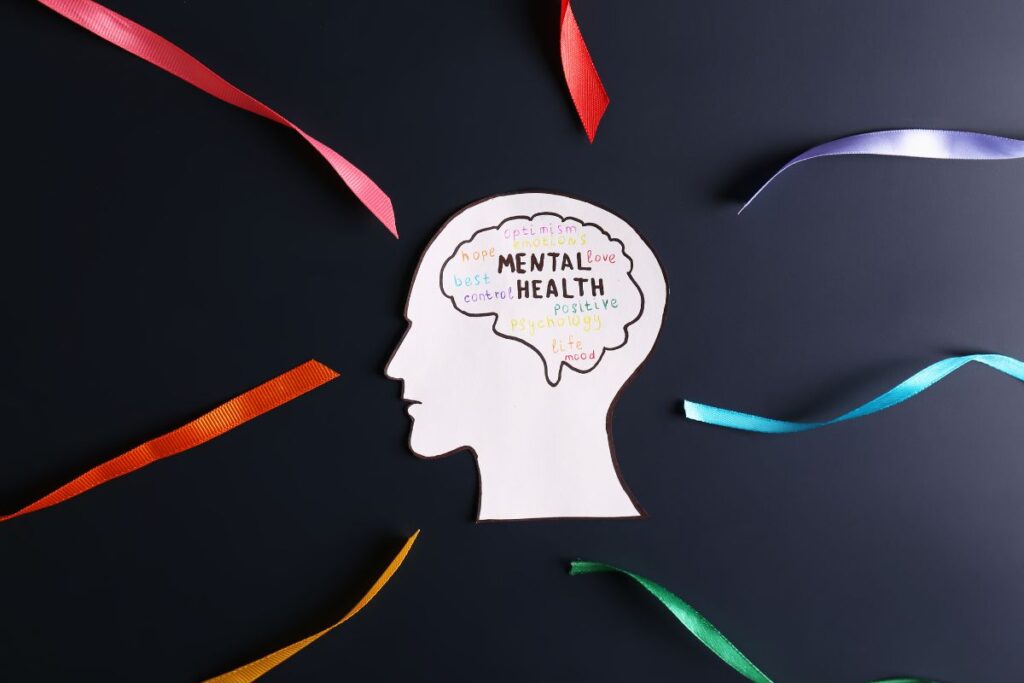Breaking the Stigma: There are more people with mental illnesses than you may have once thought. According to the WHO, 1 in 4 people globally experience mental disorders at one point or another in their lives. The different types of these conditions can range from anxiety and depression to bipolar disorder and schizophrenia. By acknowledging how prevalent this illness is, we can start a dialogue that will help normalize it while creating an environment where sufferers can feel supported.
Timely intervention is crucial for proper treatment of mental health problems. Unfortunately, due to stigma about madness many people only go for help when they are very sick. We should openly talk about mental health so that people can identify symptoms of disorder early enough and seek medical support soonest possible. This will significantly improve prognosis and prevent unnecessary suffering.
Breaking the Stigma: Why Talking About Mental Health Matters
Stigma associated with madness is accompanied by feelings of guilt, shame and isolation among the patients. Many individuals do not come out because they fear judgment or being discriminated against by society. By breaking silence, sharing our experiences with others, we help them feel less alone and more understood as well which gives us power on our recovery journey.
Through talking about mental health issues, an atmosphere of belongingness is created among people who participate in such discussions. It creates room for others to be able to share without fear hence formulating communities consisting of helpful resources like support groups as well as online platforms containing material that relates with what one may be going through mentally. These groups keep those affected alive during their difficult times.
Misinformation and stereotypes fuel most stigmatization towards persons diagnosed with psychiatric disorders. We need to discuss this issue publicly since it allows for challenging such fallacies besides teaching others about true faces of mental illnesses thus reducing breakdown among victims in minimizing disparity so as everyone feels equal participation within the community.
How to Start Talking About Mental Health
It is time for change: Open a discourse on positive policies related to mental health.
Raise your ears: Establish a space where others may express themselves freely
Be enlightened: Get a better understanding of different mental ailments and the services available.
Disprove the shame: Oppose biases and stereotypes that hurt
Hold hands: Offer encouragement and understanding to those who are struggling.
Put yourself in it: Contribute your time or join relevant social movements that fight for rights of people with mental illnesses.
Remember: your voice counts. You can help break stereotypes and stigma associated with mental health by discussing it openly and creating a society which is more inclusive of everyone. Let’s begin the dialogue today. You can read more about it in this informative article: Understanding Dietary Fiber in Your Daily Nutrition

